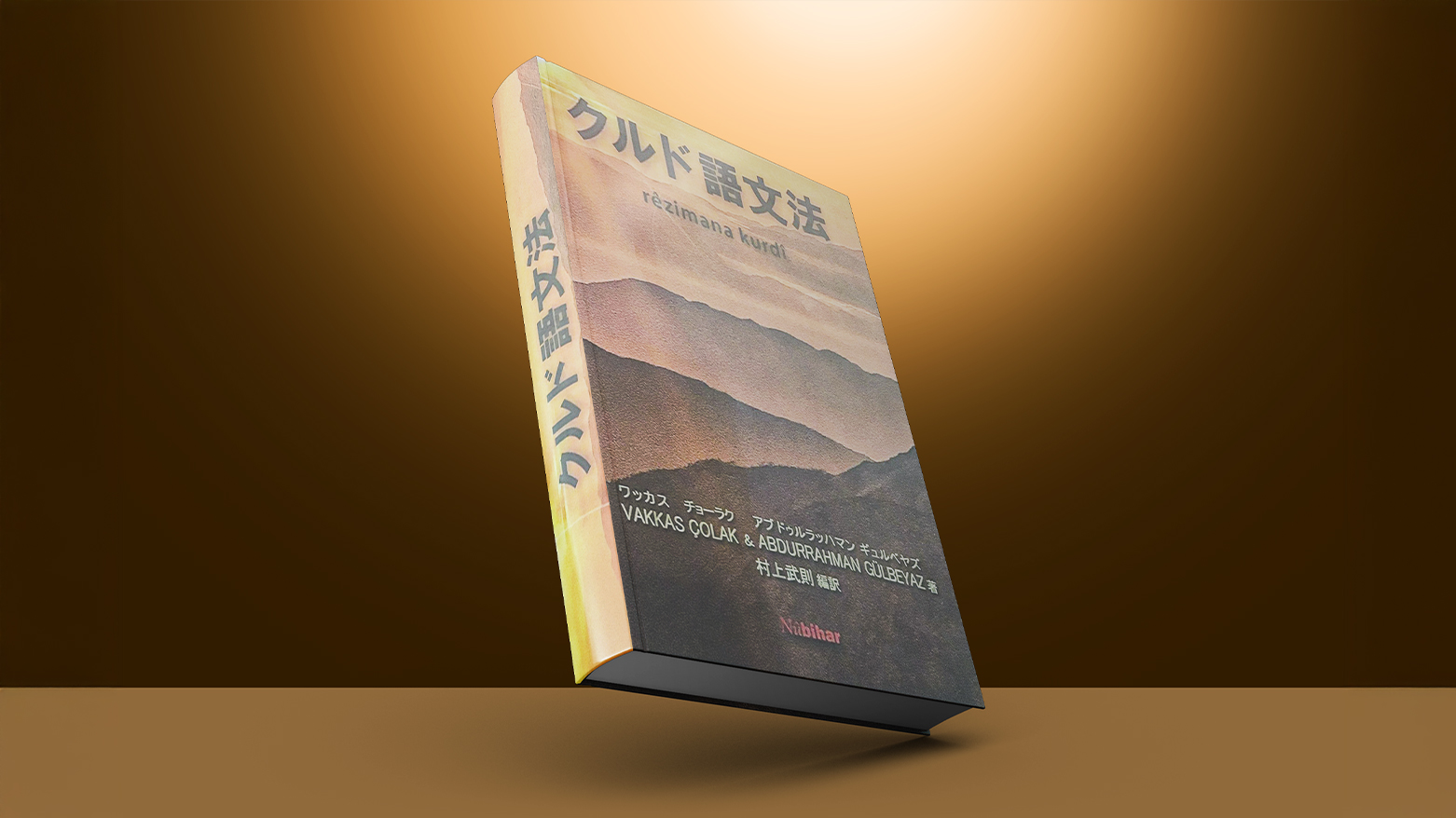Bridging Cultures: Japanese Linguist Publishes Kurdish Guide
The book, written by Tetsuya Nawada, primarily focuses on Northern Kurmanji, one of the main dialects of the Kurdish language. It is widely spoken in parts of Turkey, Syria, and the Kurdistan Region.

Feb. 2, 2025
ERBIL (Kurdistan 24) – A Japanese linguist has authored a book designed to teach the Kurdish language in the Kurmanji dialect, marking a contribution to the relations between the Japanese people and the Kurds.
Titled "An Introduction to the Kurdish Language," the book was written by Tetsuya Nawada, a specialist in Kurdish and Iranian languages.
The educational resource aims to provide a foundational understanding of Kurdish grammar, pronunciation, and vocabulary, making it a valuable tool for students, researchers, and language enthusiasts.
The book primarily focuses on Northern Kurmanji, one of the main dialects of the Kurdish language, which is widely spoken across parts of Turkey, Syria, and the Kurdistan Region.
By structuring the book in an accessible format, Nawada seeks to enhance learners' ability to engage with the Kurdish language and culture.
A Scholar Dedicated to Kurdish Studies
Nawada holds a Ph.D. in Linguistics from the Tokyo University of Foreign Studies, with a research background specializing in Kurdish dialectology, phonetic structures, and grammar analysis.
His work contributes to the documentation and preservation of Kurdish linguistic diversity, reinforcing global academic interest in Kurdish studies.
The publication of "An Introduction to the Kurdish Language" highlights a growing global recognition of Kurdish linguistic heritage and represents a step forward in promoting Kurdish studies within academic and cultural circles worldwide.
Nawada’s book is part of a broader Japanese engagement with Kurdish identity and experiences. In recent years, Japan has witnessed an increasing awareness of Kurdish migration and refugee struggles, as reflected in artistic and academic works.
A notable example is the film “My Small Land” by Japanese writer and director Emma Kawawada, which offers a deeply moving and honest portrayal of the Kurdish refugee experience in Japan. Based on interviews conducted with Kurdish refugees in 2018, the film challenges preconceived notions of borders and identity, shedding light on the challenges faced by displaced Kurdish communities.